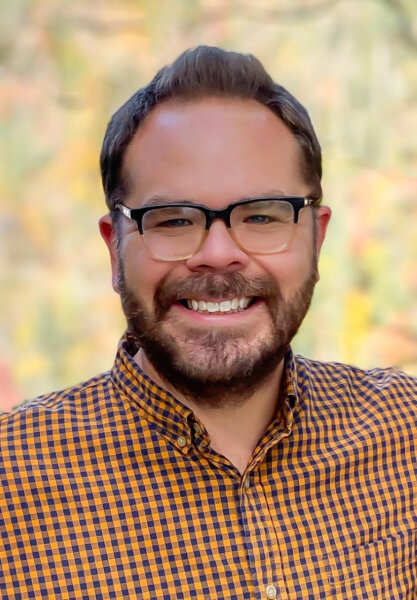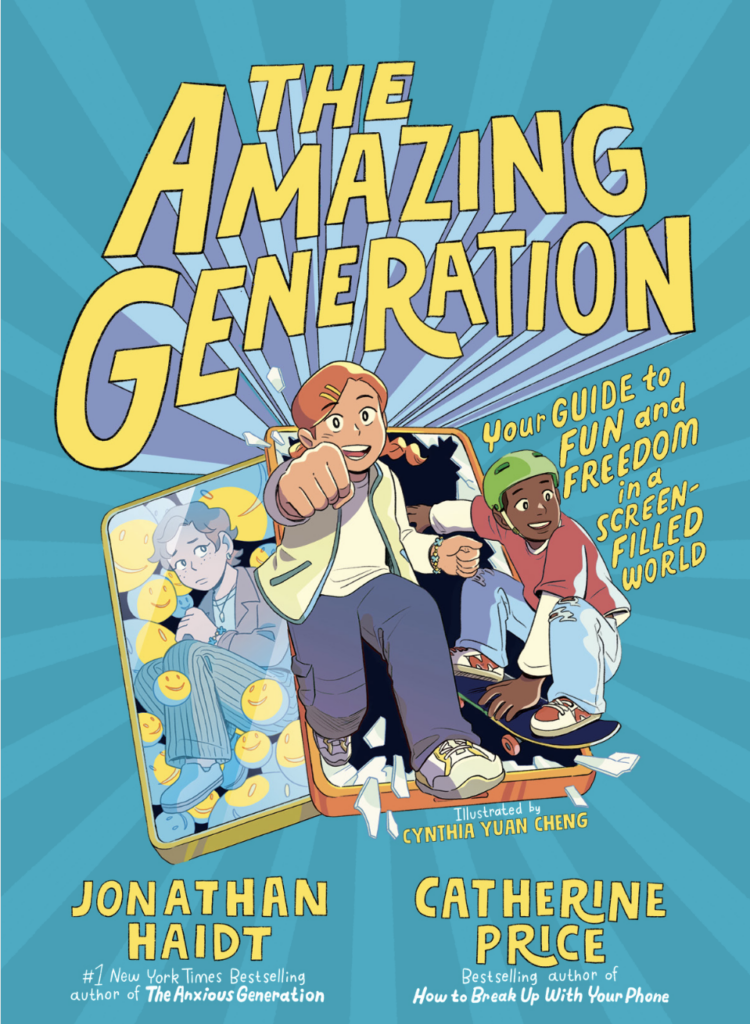






A Surprising New Way to Fight Bullying
To fight bullying successfully, you first have to understand where it’s coming from, writes Kevin Stinehart in eSchoolNews. Stinehart is a 4th grade teacher at a Title 1 (high poverty) elementary school in South Carolina — and the district’s 2020 Teacher of the Year.
Usually, he says, someone is making trouble because they’re frustrated, don’t have many friends, DO have issues with emotional regulation, or they feel they have no control over their life. What could possibly counter all those depressing forces?
Free play.
That’s not some hippy-dippy hope. That’s a cause and effect Stinehart has witnessed first hand. He writes:
“In the years since my school began incorporating more and more unstructured free play into our school day (before school by opening up our playground, during school by adding an additional recess, and after school by adding a Play Club), our students are happier, kinder, have fewer behavior problems, have made more friends, feel more in control of their day and their life in general, and in some cases have dramatically changed course from bullying behaviors and frequent office referrals to no bullying behaviors and no office referrals.“
It’s hard to believe something so simple — no worksheets, no classroom exercises — could have such a profound social-emotional impact, but Stinehart gives a compelling example of one troubled boy he hoped to help:
One boy, three visits to the principal’s office in one week
“A few years ago I had a student who walked around with a chip on his shoulder. He never smiled, never laughed, and always seemed angry. He was cruel to other kids, had frequent behavior issues in class, and in the course of one week had three office referrals from three different teachers for his extreme behaviors. Other kids would label him a bully, but where they saw a bully, we as teachers saw a hurting and lonely child in need of friends. He was the kind of student who was always disciplined by losing recess time, so I eventually added it up and realized he was getting only about 30 minutes of playtime in an entire week on average.
“Realizing his lack of play and knowing play’s immense benefits, I arranged a conference with his parent and asked if I could have him join my Play Club – a one-hour afterschool club dedicated to unstructured free play. His parent agreed to let him join, and before I knew it, his first day at Play Club had arrived.
Would this bully troubled kid ruin everyone else’s play time?
“I was a little nervous that his behavior issues would continue, and he would wreak havoc on my other Play Club students, but I knew play could help him, so I was committed to the process. For the first half hour of Play Club he just walked around by himself. Eventually a student kicked a ball to him and he kicked it back. After a few more kicks, he eventually started running around and playing with the other kids. By the end of that first day of Play Club he was smiling, laughing, and playing in a healthy way—and with other kids! It was shocking to see the transformation in him after just one hour of complete unstructured free play. The teacher supervising Play Club with me had tears in her eyes at the dramatic change she was witnessing.“
What a fantastic day. But what happened next was even better: The student started having happier, healthier relationships with the other kids as well as the adults. And, Stinehart says, “He never received another office referral again.”
By “again” Stinehart adds, he doesn’t meant the rest of that year. He means the rest of his years at the school.
The anti-bullying effort that is actually fun: Play Club
Obviously, not every story is going to be that dramatic. But Let Grow believes so much in the power of mixed-age, device-free, “loose parts” free play — play that is supervised by an adult who doesn’t organize the games or solve the spats — that we offer all the materials you need to start one, free. (We’re a nonprofit, after all.)
Our Let Grow Play Club implementation guide has instructions for the school, a letter to send home to parents explaining the benefits of play, a little pledge for them to sign and one for the kids to sign, too, saying that they know they cannot deliberately hurt anyone, or leave the premises without telling whoever’s in charge. Plus we include a link to Let Grow Co-Founder Peter Gray’s TED talk on what happens when kids don’t get enough play.
Schools have started Let Grow Play Clubs in the morning before school, and also in the afternoon. Some are supervised by teachers, others by volunteers. Some last an hour, some last longer. One school is studying whether English Language Learners who get more free play learn English faster than those in organized activities.
If you would like to experience the amazing power of free play at your school, please download our implementation guide by clicking here. Free!
As in “free play.” (And also, free of charge.)





Comments are closed for this article.